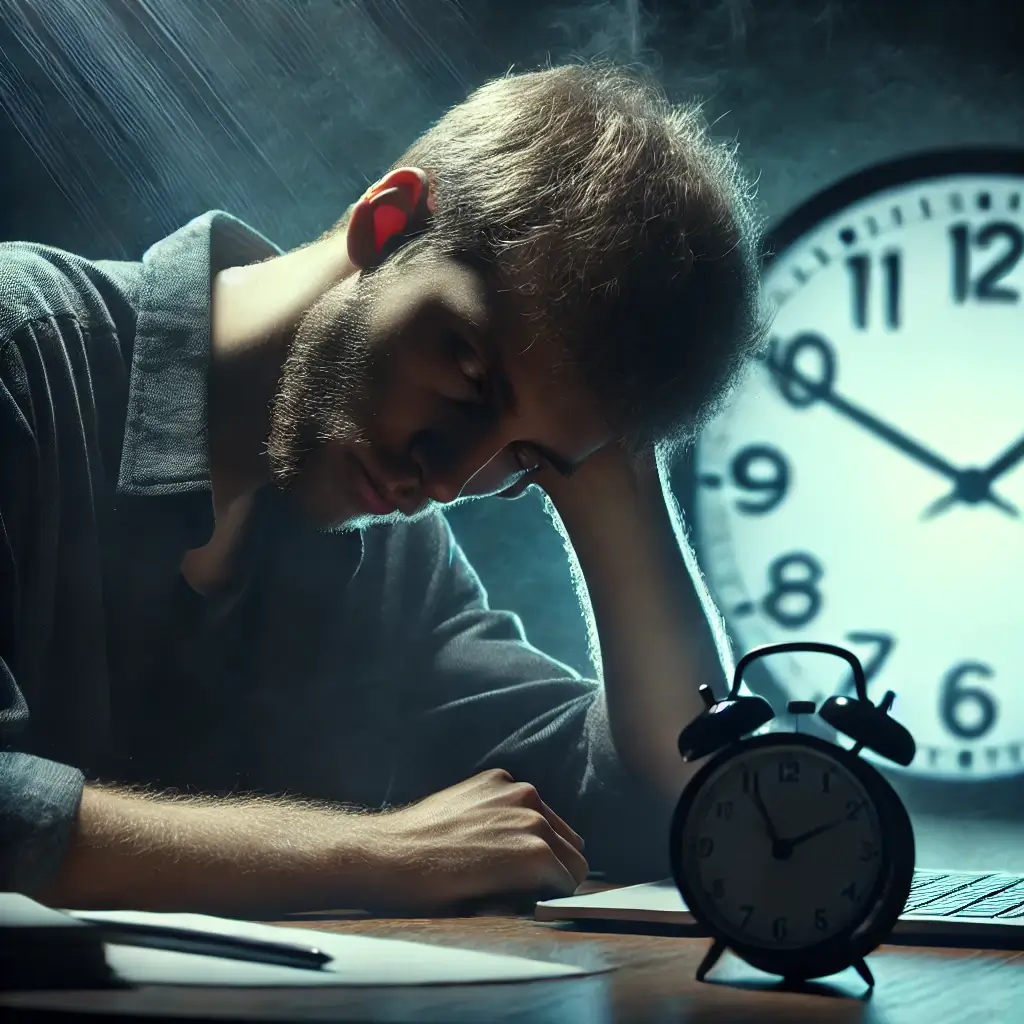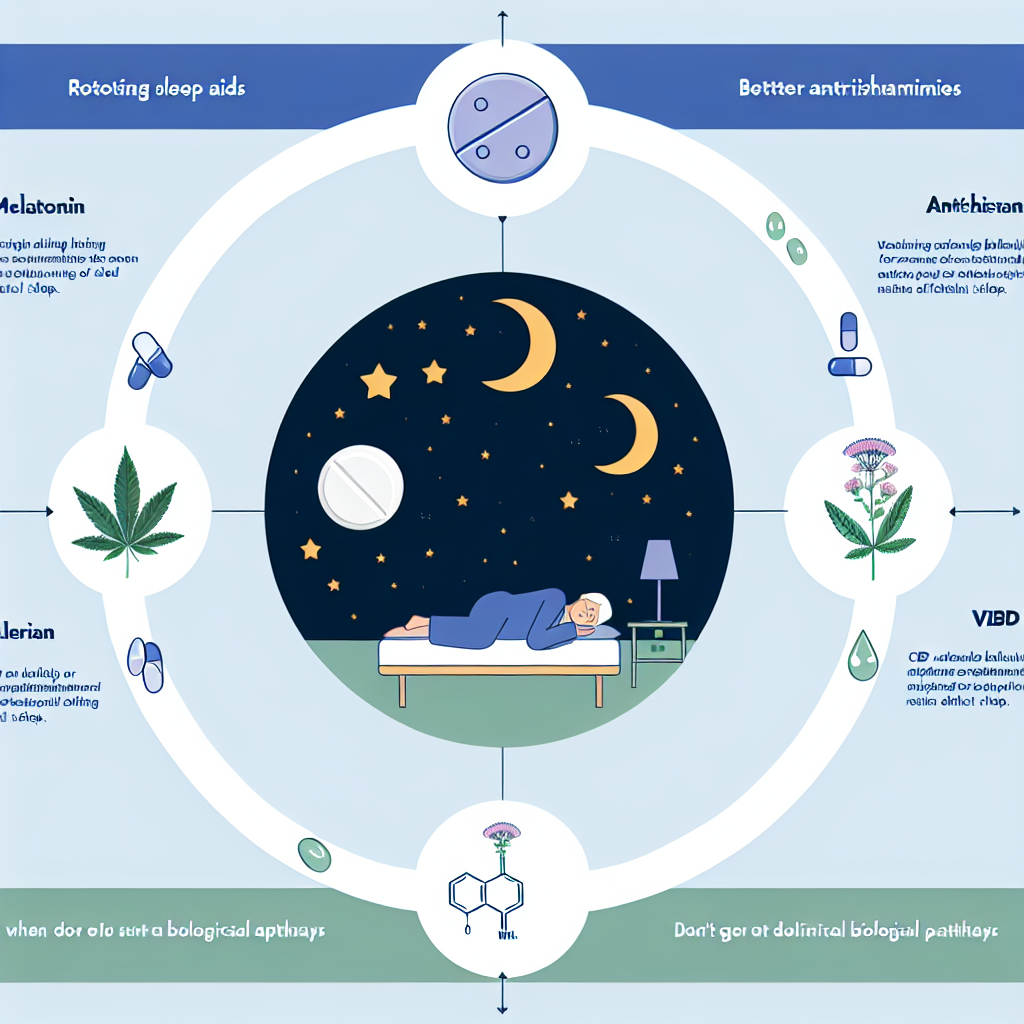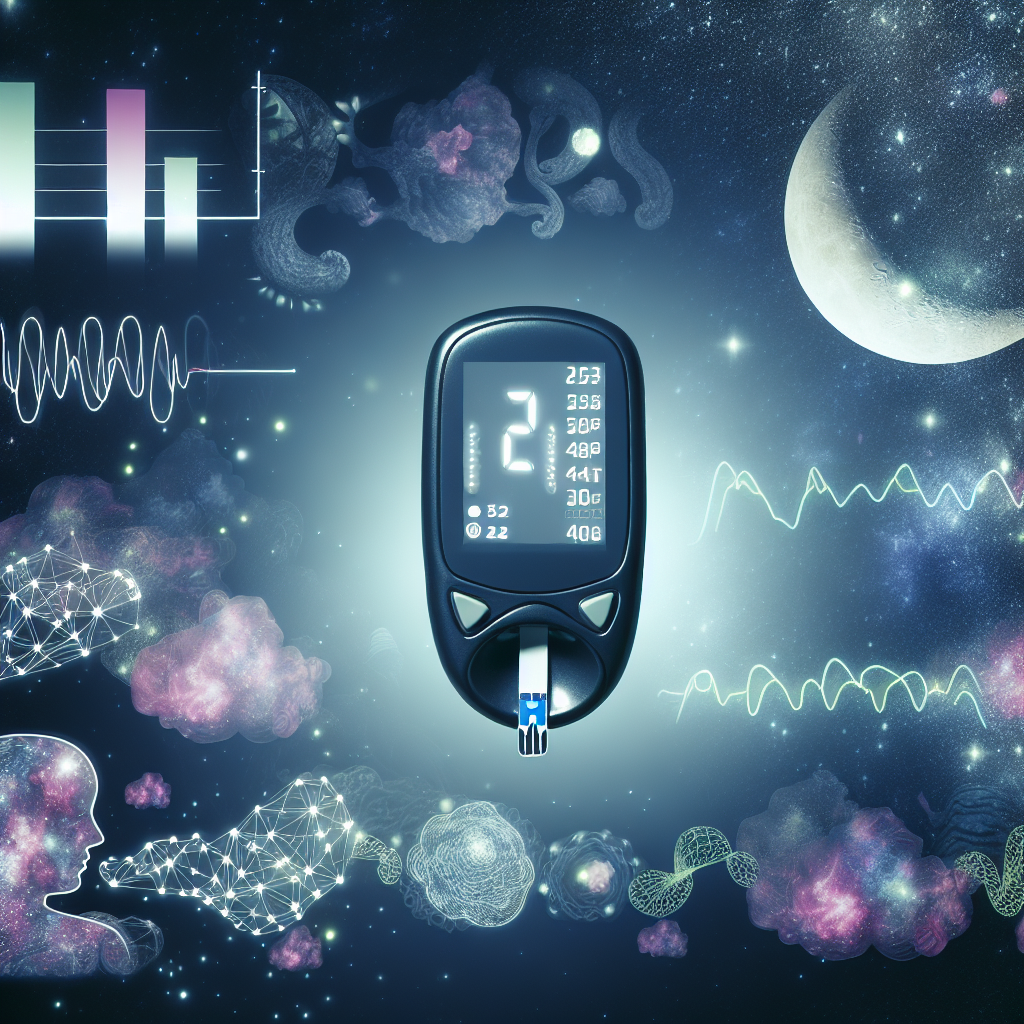Understanding Hypersomnia Symptoms
When you suffer from hypersomnia, you will find that you are extremely drowsy during the day. Even after a full night’s sleep, people with hypersomnia may continue to feel weary throughout the day. They could also have trouble remaining awake all day long, even while doing things they love.
Types of Sleep Disorders
Among the many forms of hypersomnia, you could find:
Primary and Idiopathic Hypersomnia
Among the many forms of sleep disorders, the most prevalent is primary hypersomnia, which has no known medical cause.
Similarly, idiopathic hypersomnia does not have a known medical explanation; rather, its etiology is uncertain but likely involves both hereditary and environmental variables.
Understanding Narcolepsy and Recurring Hypersomnia
The symptoms of narcolepsy, a long-term neurological condition, include hypnagogic hallucinations, sleep paralysis, extreme daytime drowsiness, and cataplexy.
Periods of extreme lethargy that last for several days or weeks are the hallmarks of recurrent hypersomnia.
Sleep Apnea and Work-Related Sleep Disorders
Sleep apnea is a condition where breathing stops repeatedly while you are asleep. Prolonged lethargy during the day is a symptom of sleep apnea.
When people’s work schedules deviate significantly from the typical 9-to-5, it can lead to a sleep problem known as shift work sleep disorder. Daytime drowsiness is a symptom of shift work sleep disturbance.
Delayed and Advanced Sleep Phase Disorders
The inability to fall asleep or stay asleep at the appropriate times is the hallmark of delayed sleep phase disorder, a kind of sleep disturbance. A common symptom of delayed sleep phase disorder is a later than average bedtime and waking time.
When a person suffers from advanced sleep phase disorder, their body’s natural sleep-wake cycle advances beyond what is considered normal. Those who suffer from advanced sleep phase disorder typically have an abnormally early bedtime and waking time.
Causes and Risk Factors of Hypersomnia
Hypersomnia likely has several causes, including both hereditary and environmental variables, although no one knows for sure. There are a number of potential causes of hypersomnia, including:
There is some evidence that hypersomnia runs in families.
Depression, anxiety, and persistent pain are among medical disorders that can lead to hypersomnia.
Antihistamines and antidepressants are two examples of drugs that have the potential to induce hypersomnia.
Additional risk factors for hypersomnia include a sedentary lifestyle, high levels of stress, and an inadequate amount of sleep.
Treatment Options for Hypersomnia
Although hypersomnia is currently incurable, there are therapies that can alleviate its symptoms. Medications, behavioral therapy, and modifications to one’s way of living are the usual components of a hypersomnia treatment plan.
Lifestyle Changes for Managing Hypersomnia
Modifications to one’s way of life that might alleviate hypersomnia symptoms include:
A better night’s sleep and less ED may be yours with regular exercise.
A consistent sleep schedule can assist regulate the body’s sleep-wake cycle. This means going to bed and getting up at the same time every day.
Stay away from alcoholic beverages and caffeine: Both might interfere with your sleep.
Establishing a soothing nighttime routine: Getting into the habit of winding down before bed can aid in getting a good night’s rest.
Creating a cool, dark, and peaceful bedroom environment: This is a perfect setting to get some shut-eye.
Medication Options for Hypersomnia
Hypersomnia medication options include:
One stimulant medicine that can alleviate EDS is modafinil, which is also known as Provigil.
Sodium oxybate, sold under the brand name Xyrem, is an anti-EDS and anti-cataplexy drug.
Strattera, which contains atomoxetine, is a drowsiness-inducing medicine.
Hypersomniacs can learn coping mechanisms for EDS and other symptoms through behavioral therapy, which aids in symptom management.
Seeking Medical Help
It is critical to get medical attention for a diagnosis and treatment of hypersomnia if you suspect you may be suffering from it.
Additional Support
I pray this data becomes useful. If anything else pops into your head, I am always happy to help.

Dominic E. is a passionate filmmaker navigating the exciting intersection of art and science. By day, he delves into the complexities of the human body as a full-time medical writer, meticulously translating intricate medical concepts into accessible and engaging narratives. By night, he explores the boundless realm of cinematic storytelling, crafting narratives that evoke emotion and challenge perspectives.
Film Student and Full-time Medical Writer for ContentVendor.com




